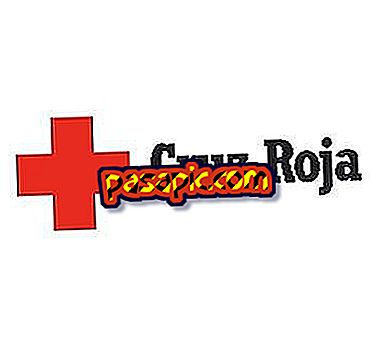What is the difference between .com .es .net

Every day you type in the browser bar many addresses that end in .com and .es, some in .info, others in .net or .edu. Well, each of these endings has a different meaning and, in principle, should have a relationship with the content of the website, although in reality the proliferation of domains has led to this meaning has been distorted. In .com we explain what difference there is between .com .es .net
Concept
This part of the url of a website is called TLD and behind each termination there is an organization that is responsible for managing the domains. For example, in the case of .es, the responsible entity is Red.es.
Generics
These terminations are divided into two large groups, the first of which are generic or gTLD, which are 3 letters. Next, you can see what they are and their relationship with the content of the websites:
- .com Commercial purposes.
- .net . Related to the Internet.
- .org . Organizations
- .int . International organizations.
- . thousand Military entities.
- .edu . Educational institutions
- .gov . Governments
- .biz . Business.
Geographical
This type of geographic domain endings -which are two letters- have a correspondence with a specific country. This is the case of .es for Spain.
Two variants of the so-called ccTLD are those terminated in .ue for websites that are related to the European Union or .fm for radio stations.
Subgenerics
With the proliferation of the Internet, new subtypes of generic domains have been created.
- ITLD: they have the objective of promoting languages. For example, .gal or .cat websites have a very close relationship with the use of Galician and Catalan, respectively.
- sTLD: are promoted by independent entities. Some examples are .travel for travel agencies or .aero for airports. These domains are usually expensive.
Reality
Although the initial objective was that the domains were related to the content of the websites based on this classification, the reality is that this is not the case, except in very specific cases. For example, we can not create a website for a company that ends in .mil - domain reserved for military entities - since the registrant will be required to comply with certain conditions.


